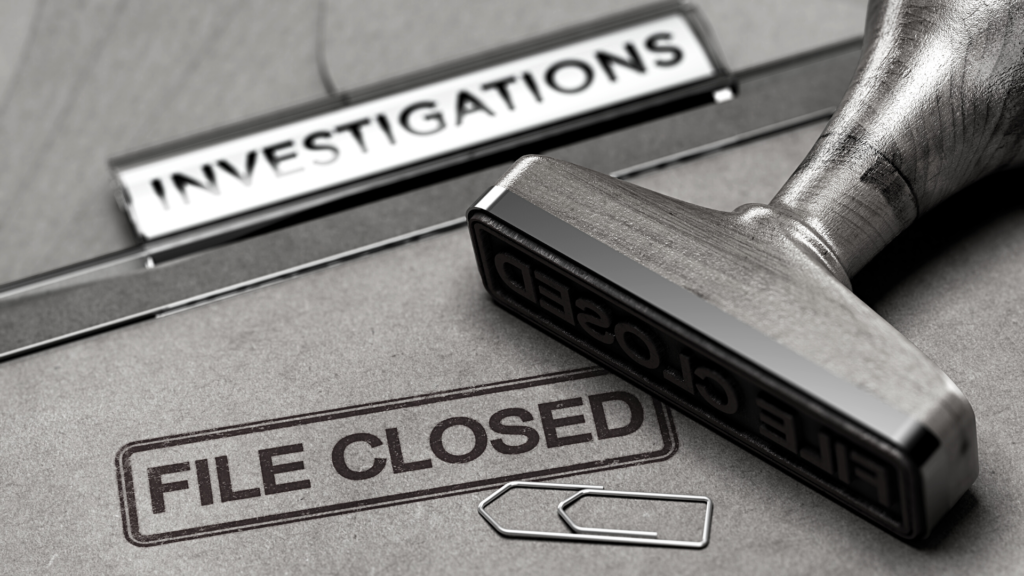Responding to a State Bar Investigation Letter

In fiscal year 2022, The State Bar of California’s Office of Chief Trial Counsel (OCTC) opened 16,355 cases investigating alleged attorney misconduct—a decrease in the number of cases that were opened over each of the past three years. While most cases are closed by OCTC without discipline, it does not mean an attorney shouldn’t take it seriously if he/she receives an investigation letter. What should you do if you receive a dreaded investigation letter?
- Don’t panic. Granted, that may be easier said than done but keep in mind the initial investigation letter is just that—an initial investigation.
- Read the letter thoroughly to understand the allegations being made by the complaining witness and note when the response is due. While you may vehemently disagree with everything the complaining witness is alleging, do not hastily cobble together a response and send it off.
- Gather relevant evidence (e.g., emails, text messages, pleadings and other documents) to support your side of the story.
- Consider whether you need help. If you’re feeling overwhelmed or unsure of how to proceed with responding to the State Bar, then consult with an attorney who specializes in State Bar defense. By doing so, you’ll get a better understanding of what, if any, conduct might be an issue that could lead to discipline. Also, an objective evaluation can help you determine the best course of action for your particular situation.
- Respond to the investigation letter by the due date and include relevant documentary evidence to support your response. If the State Bar requests additional information or documentation, be sure to provide it in a timely manner.
Remember, California attorneys have a statutory duty to cooperate with the State Bar’s investigation under Bus. & Prof. Code § 6068(i). While you may think the allegations are completely ridiculous, you not only need to respond the State Bar’s inquiries but you should do so in a factual and even keeled manner, which can be difficult to do when you’re the subject of investigation.
